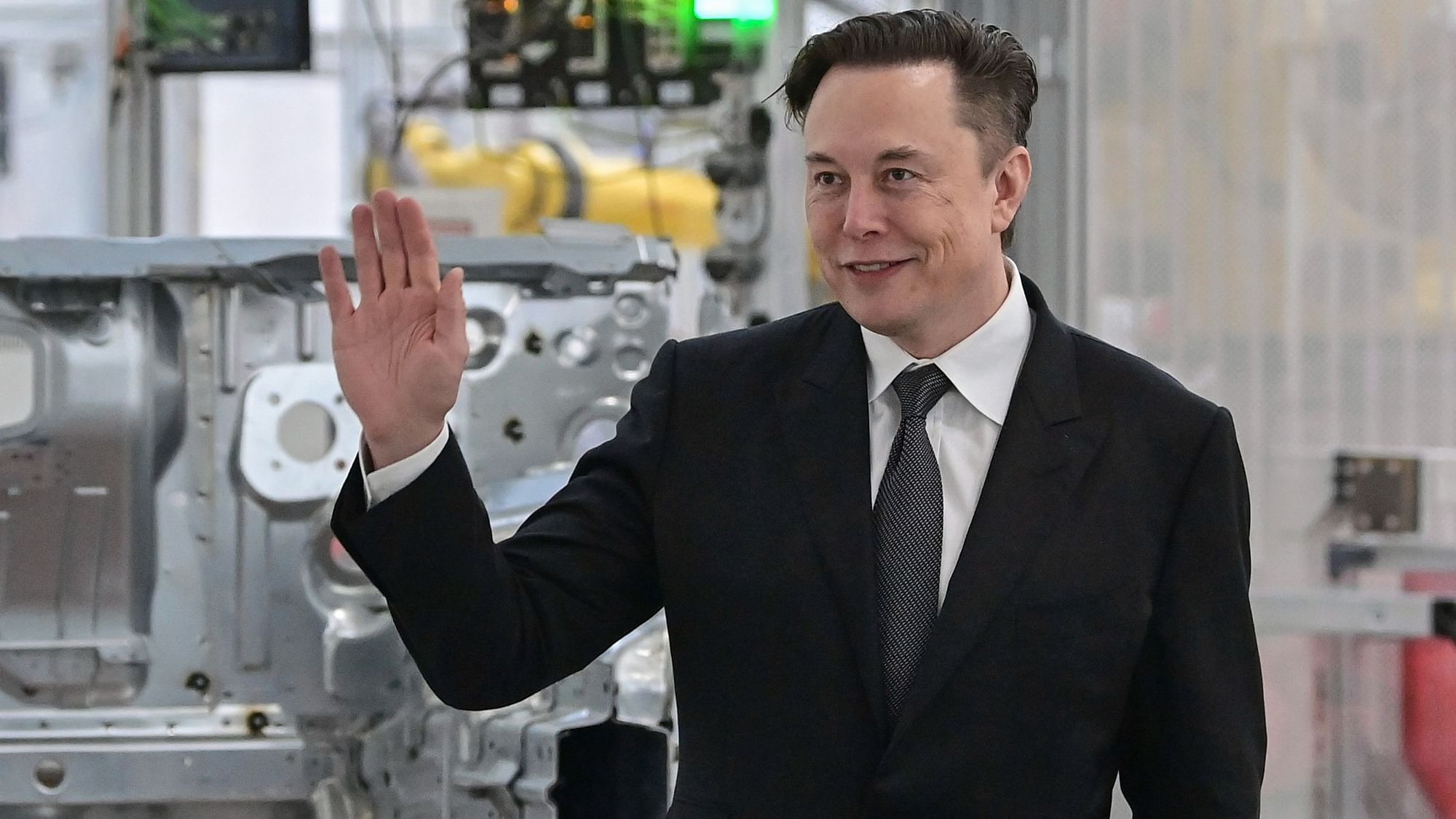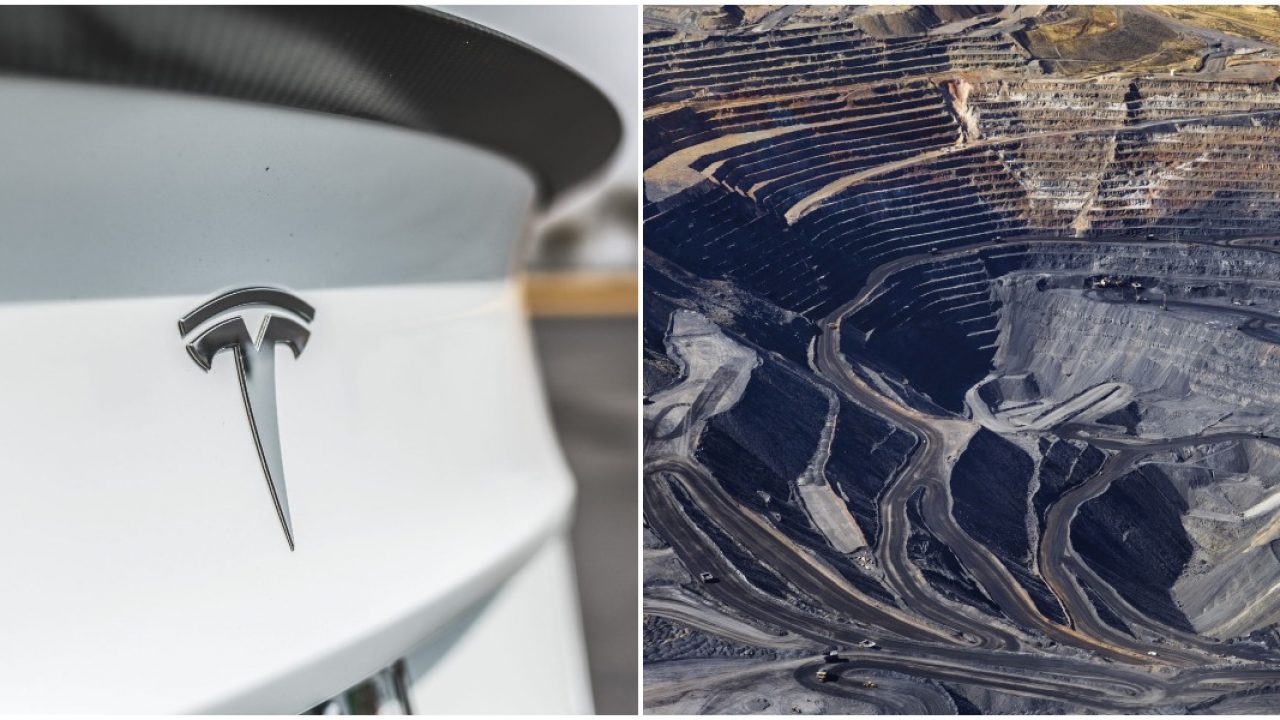Why does Elon Musk want Tesla to begin mining lithium?

Key Highlights
- When an exploratory geologist stated on LinkedIn in mid-April that he was leaving Rio Tinto to join Tesla, curiosity began.
- Tesla's new geologist may have other ambitions, but Musk is not alone in his sector in attempting to secure a supply of metals required for storage batteries and electric vehicles.
- Prices for lithium have increased about 500% in the last year, from $17,000 per tonne to approximately $80,000 per tonne.
- Electric car manufacturers are attempting to shorten the supply chains for these metals by moving their sources closer to them.
- Analysts fear that if metal prices continue to rise, the move to zero-carbon vehicles may stall.
Advertisement

Individual recruitment efforts at large organisations such as Tesla are typically unnoticed by the outside world. However, when an exploratory geologist stated on LinkedIn in mid-April that he was leaving Rio Tinto to join Tesla, curiosity began. Why become a geologist? Why was Tesla chosen? What bizarre ambitions did Elon Musk have in store for the future?
On April 8, Musk stated that due to the soaring price of lithium—a critical component of Tesla's batteries—his business may have to mine the metal itself. Tesla's new geologist may have other ambitions, but Musk is not alone in his sector in attempting to secure a supply of metals required for storage batteries and electric vehicles.
The prices of many of these metals have skyrocketed.Prices for lithium have increased about 500% in the last year, from $17,000 per tonne to approximately $80,000 per tonne. Cobalt is priced similarly to nickel; in early March, the price of nickel momentarily surpassed $100,000 per tonne. The reasons for these spikes are numerous: a dramatic increase in demand for electric vehicles; supply chain interruptions caused by COVID; and sanctions against Russia, which supplies 15% of the purest quality of nickel.
Advertisement
Companies that manufacture electric vehicles are interested in entering the mining industry.

Batteries for electric vehicles consume a lot of material. While lithium is not in short supply, the average electric vehicle battery requires approximately ten kilogrammes of the metal. A tonne of lithium is produced from 5.3 tonnes of lithium carbonate ore. Similarly, cobalt and nickel ores must be extracted from the ground and then severely treated to obtain the required purity levels.
The mining industry is not yet prepared to offer these metals in the massive, purified quantities required by battery manufacturers—which means that, as Rivian Automotive CEO RJ Scaringe told the Wall Street Journal, "90% to 95% of the supply chain does not exist."
As a result, electric car manufacturers are attempting to shorten the supply chains for these metals by moving their sources closer to them. Last year, General Motors invested in a lithium extraction plant in California, while BMW invested in a lithium extraction project in Argentina.
Volkswagen has entered into a contractual purchase arrangement with a German mine for lithium. Tesla already holds the rights to a lithium claim in Nevada covering 10,000 acres. CATL, a Chinese battery producer, spent roughly $300 million to acquire a Canadian lithium mining company. And, in a role reversal, Glencore purchased a British battery manufacturer last year.
While the majority of these movements occurred last year as metal prices increased, new projects will take time to come online. Analysts fear that if metal prices continue to rise, the move to zero-carbon vehicles may stall. More consumers will purchase EVs if the cost of their batteries falls to $110 per kilowatt-hour, as it did from 2014 to 2020, falling from $290 to $110.
Persuading individuals to purchase electric vehicles instead of gas-powered vehicles is difficult enough. If battery prices continue to rise, convincing customers to purchase more expensive electric vehicles will become an even more thankless task.
Advertisement